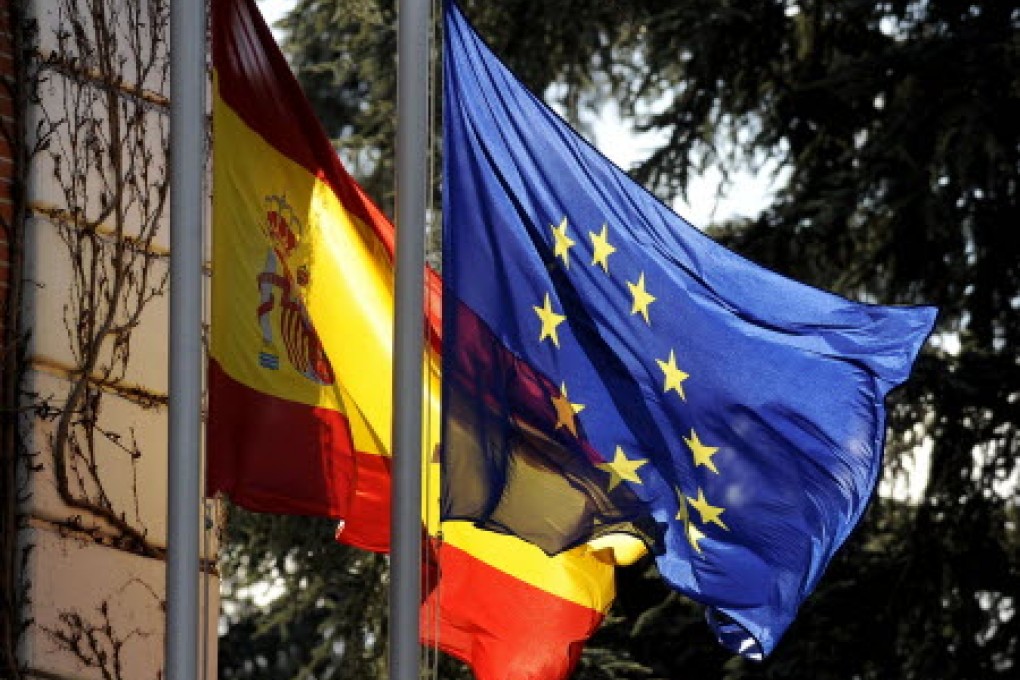Hong Kong can learn from Spanish experience on road to democracy
The various players were persuaded to stick to compromises needed for political change

The road to democracy is littered with failed states and futile attempts. But there are notable success stories as well. In the quest for democracy for Hong Kong, we should try to learn from the success stories as far as possible.
The successful transition of Spain from military rule to a liberal democratic state in the years 1975 to 1982 is a worthy case study. Spain was ruled by military dictator General Francisco Franco for almost four decades until his death in 1975. The general ruled by might. All opposition political parties and all political activities by labour unions were banned while he was in charge.
The transition was extremely challenging and few expected it to succeed, not without perhaps another bloody struggle between the Francoists, who were backed by the powerful military, and the leftists, who loathed King Juan Carlos, who had been designated by General Franco as his successor.
I will merely highlight a couple of points that made the transition possible.
First and foremost, King Juan Carlos and many of the ruling generals realised that the nation, with its increasingly complex modern economy and educated populace, could no longer be governed effectively by a dictatorial government far removed from the will of the people. To many observers' surprise, King Juan Carlos' first move, when he began his reign, was to appoint Adolfo Suarez, a reform-minded politician from the establishment camp, to head up the government.
Suarez was tasked immediately with the job of organising the first universal suffrage election to replace Franco's appointed parliament, all by operating within the legal confines of the day so as to avoid giving the military an excuse to intervene. That Suarez was from the establishment camp attracted wide suspicion from the liberals. But it enabled him to have close access to key stakeholders in the Francoist establishment to pacify the emotions that might have provoked the military to step in.